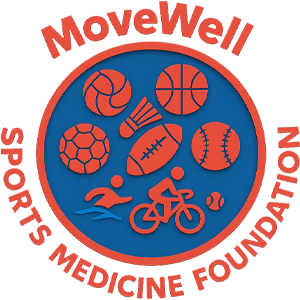The 2021 network meta-analysis published in JAMA Psychiatry represents a pivotal contribution to mental health research, systematically evaluating exercise as an intervention for depression. By analyzing 218 clinical trials involving over 14,000 participants, this study provides robust evidence that structured exercise programs can be as effective as first-line treatments for mild-to-moderate depression, including antidepressant medications and cognitive behavioral therapy.
The research identified group-based aerobic exercise as the most effective modality, demonstrating superior outcomes (SMD = -0.62) compared to individual exercise formats. This finding highlights the dual benefit of physiological mechanisms (increased BDNF and reduced inflammation) combined with social connection. Mind-body practices like yoga and tai chi also showed strong efficacy (SMD = -0.55), particularly for patients with anxiety-related symptoms, while resistance training emerged as particularly valuable for improving self-efficacy.
The analysis established clear guidelines for clinical implementation, recommending 3-5 weekly sessions of 45-60 minutes at moderate intensity. Notably, benefits typically manifest within four weeks of consistent practice. The study also addressed practical barriers, showing that home-based programs and "exercise snacks" (brief, frequent activity bouts) can be effective alternatives for patients facing motivation challenges or severe symptoms.
These findings have significant implications for treatment paradigms. Exercise should be positioned as a foundational intervention rather than an adjunct, prescribed alongside traditional therapies from treatment initiation. The research provides compelling evidence that physical activity modifies both biological pathways (neurotrophic factors, inflammation) and psychological processes (rumination reduction, mastery experiences).
For healthcare providers, this meta-analysis offers an evidence base for personalized exercise prescriptions tailored to symptom profiles and patient preferences. It represents a paradigm shift in depression management, positioning physical activity as a potent, accessible, and side-effect-free therapeutic option.
Reference:
Schuch FB, et al. JAMA Psychiatry. 2021;78(5):519-527. doi:10.1001/jamapsychiatry.2021.0056




